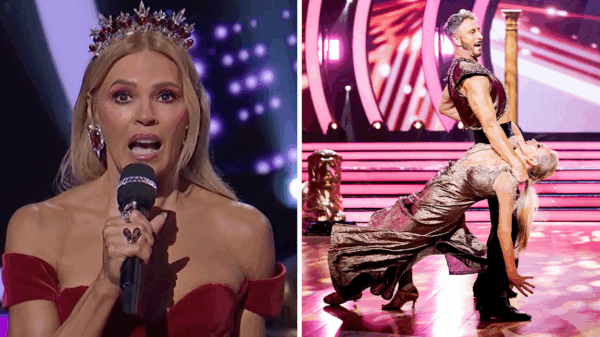Kathleen Folbigg has been offered $2 million as compensation for her wrongful imprisonment, raising significant transparency concerns about the decision-making process. After spending nearly 20 years in prison for the deaths of her four children, Folbigg was pardoned and released in June 2023 when new scientific evidence emerged, casting doubt on her convictions. Despite the gravity of her situation, the New South Wales (NSW) government’s offer has drawn widespread criticism as inadequate.
The NSW Premier, Chris Minns, has firmly stated that Folbigg would need to pursue legal action if she seeks a higher amount, indicating a reluctance to reconsider the compensation sum. Legal experts are voicing concerns that the lack of transparency in the compensation process undermines the principles of open justice. High-profile lawyer Sam Tierney, who previously represented clients in wrongful conviction cases, expressed that the proposed amount seems disproportionately low given Folbigg’s lengthy incarceration.
“$2 million appears to be a minimal sum for the suffering she has endured,” Tierney remarked. He highlighted that without clear reasoning from the decision-makers, challenging the figure will be difficult. He advocates for the implementation of Human Rights Acts to empower courts to review such decisions effectively.
The compensation scheme under which Folbigg is offered this sum is classified as an ex gratia payment, meaning it is a voluntary payment made by the government without legal obligation. Unlike court compensation claims, which rely on established precedents, ex gratia payments are determined by state cabinets, creating ambiguity around their justification.
Folbigg’s solicitor, Rhanee Rego, characterized the compensation as a “moral affront,” echoing the sentiments of various critics who believe the offer fails to acknowledge the severity of her wrongful conviction. Sue Higginson, a member of the Greens party, described it as “an absolute slap in the face,” further intensifying the calls for a reassessment of the compensation process.
The NSW government has defended its position, with Attorney-General Michael Daley declining to comment on whether the rationale for the compensation offer will be disclosed. Minns reiterated that Folbigg and her legal team are free to pursue further action if they deem it necessary.
Comparatively, the $2 million offer stands in stark contrast to compensation amounts received by other individuals wrongfully convicted of serious crimes in Australia. For instance, David Eastman received $7 million after being wrongfully convicted of murder. The disparity raises questions about the fairness of the offer extended to Folbigg, particularly against the backdrop of NSW’s substantial annual budget of $128 billion.
In light of these developments, there is growing pressure on the NSW government to reevaluate its compensation policies and ensure that individuals who have suffered wrongful convictions receive justice that reflects the severity of their experiences. The ongoing debate highlights the need for transparency and accountability in the compensation process, as well as the potential for reform in the justice system to better serve those wrongfully imprisoned.


































































